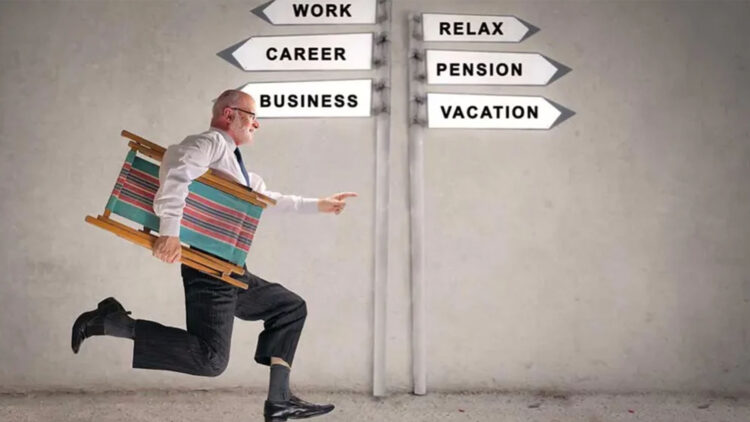Many Americans still believe that 63 yeas old is the “ideal” age for retiring—it feels late enough to accumulate some savings, but early enough to enjoy life. However, recent data suggests 63 might not be the best option anymore. The age you decide to stop working can have a huge impact on your finances—and quality of life—with all the changes and regulations in Social Security, life expectancy, and health care costs.
According to studies—in the United States—the average retirement age is around 62 years old, which is also the earliest age Social Security benefits can be claimed. However, surveys like the MassMutual Retirement Happiness Study show that many people still see 63 as the “ideal” retirement target. Nevertheless, a different picture appears when you examine the numbers and long-term risks in more detail. For many workers, retiring between 65 and 67 could make more sense.
Why retiring too early can be risky
The full retirement age (FRA)—for people born after 1960—is 67 years old. Only at that age, you are eligible to receive the full benefits (you have earned). According to SSA if you claim it at 62, your monthly check will be about 30% less for the rest of your life.
The One Big Beautiful Bill Act raised worries about the program’s trust fund shortages, and future benefits could be reduced even more if nothing changes, which would mean that younger workers might only get a portion of what they expect now.
Medicare eligibility starts at 65 years old. You might have to pay for expensive private health insurance for a number of years if you retire at age 62 or 63.
Many Americans live into their 80s or 90s, with an average life expectancy of 78.4 years (in 2023). This means that your savings still need to last for at least 20 to 30 years. According to surveys, about 35% of individuals who haven’t retired yet, believe they do not have enough money saved to retire at their “ideal” age, which makes them worry about running out of money.
Tools and timelines for saving money outside of Social Security
Experts often suggest earning additional retirement income besides Social Security because of all these uncertainties. This typically entails beginning to invest and save as soon as possible. Typical tools are:
- 401(k): A retirement plan that many companies provide. Usually, contributions are made before taxes, and many employers match part of your contributions. That match is free money for your future. When you take the money out in retirement, you have to pay taxes.
- Traditional IRA: A separate retirement account from your employer. The money grows tax-deferred until you withdraw it, at that point it’s taxed as income. Contributions are often tax deductible.
- Roth IRA: Another type of IRA. While qualified withdrawals in retirement are tax-free, contributions are made with after-tax funds.
- TSP (Thrift Savings Plan): A 401(k)-style plan for federal employees and uniformed service members.
- Pension: A benefit where your employer promises you a specific sum of money when you retire. Although they are less common, some jobs still use them.
You might have more working years to save and invest if you postpone retirement. Of course though, not everyone can afford to wait. Some people have to quit their jobs earlier than they had planned because of health issues or job loss.
A more realistic “ideal” retirement age
The idea that 63 is the perfect retirement age starts to look outdated when you see what’s at stake, and if you’re in good shape, and still feel like working it might be worth it.
So for all the young folks around: budget is everything, the sooner you start planning and saving, the more choices you will have later.
